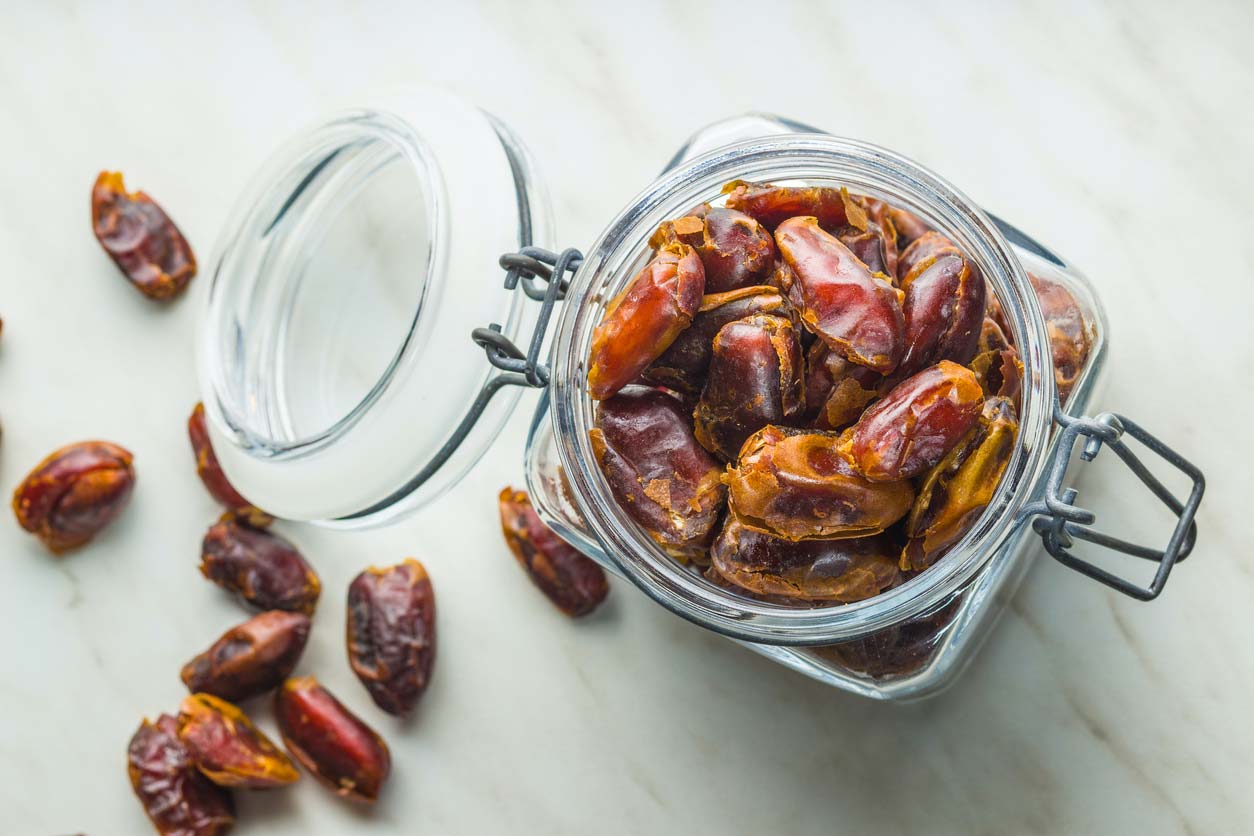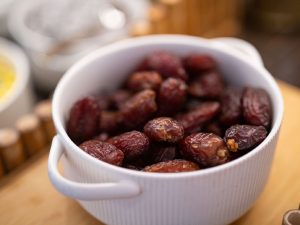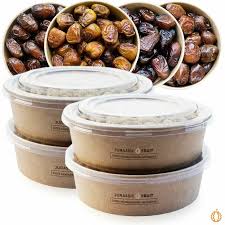
The Art of Dates Storage: Keeping Malaysia’s Finest Fruits Fresh and Flavorful
Welcome to a comprehensive guide on dates storage, where we unravel the art of preserving Malaysia’s finest fruits. In this article, we will delve into the best practices for storing dates, including temperature control, humidity levels, packaging methods, and shelf life. Whether you are a date connoisseur or a seller, these tips will help you ensure the longevity and quality of dates in Malaysia.
Understanding the Shelf Life of Dates:
a. Overview: Before diving into storage methods, it’s crucial to understand the shelf life of dates. Freshly harvested dates generally have a shelf life of 12 to 18 months. However, this can vary depending on the variety, moisture content, and storage conditions. It’s essential to check the packaging or consult the supplier for specific shelf life information.
b. Storage Conditions: The shelf life of dates can be significantly extended by storing them under appropriate conditions. Factors such as temperature, humidity, and exposure to light play a crucial role in maintaining the quality and flavor of dates.
Temperature and Humidity: The Key Factors:
a. Ideal Temperature: Dates should be stored in a cool and dry environment to prevent spoilage and maintain their texture and taste. The recommended temperature range for storing dates is between 35°F (2°C) and 55°F (13°C). Avoid exposing dates to extreme temperature fluctuations or direct sunlight, as this can accelerate the deterioration process.
b. Humidity Control: Dates thrive in low humidity conditions to prevent mold growth and maintain their natural moisture. The ideal humidity range for dates storage is between 50% and 60%. Use dehumidifiers or moisture-absorbing packets to control humidity levels in storage areas.
Packaging Methods for Dates:
a. Original Packaging: Dates are often packaged in airtight containers or vacuum-sealed bags to preserve freshness. If the dates are in their original packaging, ensure the seal is intact and airtight. Any damage or compromised packaging can lead to exposure to air and moisture, affecting the quality of the dates.
b. Repackaging: If you need to repackage dates, opt for airtight containers or resealable bags that provide a barrier against air and moisture. Ensure the containers are clean and dry before transferring the dates. Avoid using plastic or paper bags that may not provide sufficient protection.
c. Freezer Storage: Dates can be stored in the freezer for long-term preservation. Place them in airtight containers or freezer bags to prevent freezer burn and maintain their taste and texture. Frozen dates can last for up to one year without significant loss in quality.
Avoiding Contamination and Flavor Transfer:
a. Separation: To prevent cross-contamination and flavor transfer, store different varieties of dates separately. Each date variety has its own distinct flavor profile, and storing them together can cause the flavors to blend, compromising their individual characteristics.
b. Strong Odors: Dates can absorb strong odors from nearby foods, so it’s best to store them away from pungent items like onions, garlic, or spices. Keep dates in a separate area or use odor-resistant containers to maintain their natural aroma and flavor.
Checking for Freshness and Quality:
a. Visual Inspection: Regularly inspect dates for any signs of spoilage, such as mold, discoloration, or an off-putting odor. Discard any dates that appear discolored, excessively dry, or show signs of decay.
b. Texture and Taste: Fresh dates should be plump and moist, with a soft and chewy texture. They should also have a rich, sweet flavor. If the dates feel overly dry or have a stale taste, it’s an indication that their quality has deteriorated.
Tips for Retailers and Sellers:
a. Rotation: For retailers and sellers, practicing proper rotation is crucial to ensure customers receive the freshest dates. Implement a first-in, first-out (FIFO) system, where older stock is sold or used first, reducing the chances of dates reaching their expiration date.
b. Temperature Monitoring: Regularly monitor the storage area’s temperature to ensure it remains within the recommended range. Use temperature monitoring devices or sensors to maintain optimal conditions for date storage.
Enjoying Fresh Dates Year-Round:

a. Using Stored Dates: Stored dates can be enjoyed in various ways, from snacking on them directly to using them in recipes like desserts, smoothies, or salads. Their natural sweetness and chewy texture make them a versatile ingredient for both sweet and savory dishes.
b. Date Revitalization: If stored dates become slightly dry, you can revive their moisture by soaking them in warm water for a few minutes or steaming them briefly. This process helps restore their plumpness and soft texture, making them just as enjoyable as fresh dates.
Conclusion:
Mastering the art of dates storage is essential for maintaining the freshness, flavor, and quality of Malaysia’s exquisite fruits. By paying attention to factors like temperature, humidity, packaging methods, and shelf life, you can ensure that dates remain a delight for consumers and sellers alike. Whether you are a date enthusiast or a seller, implementing these best practices will help you preserve the integrity of dates, making them a delightful treat year-round. Embrace the knowledge shared in this article and embark on a journey of savoring the finest dates Malaysia has to offer.

